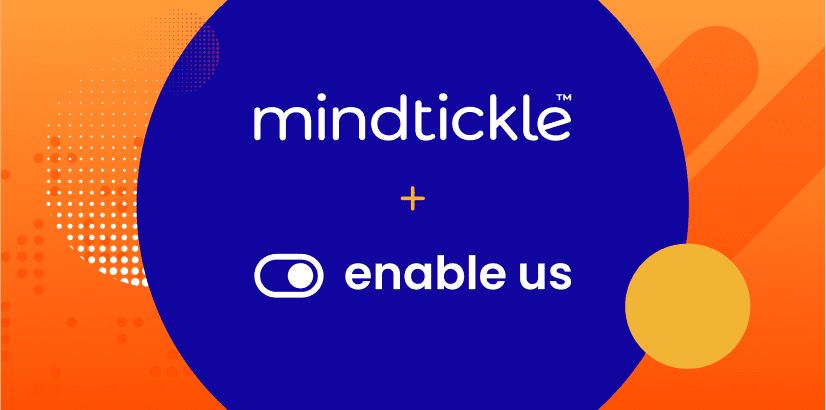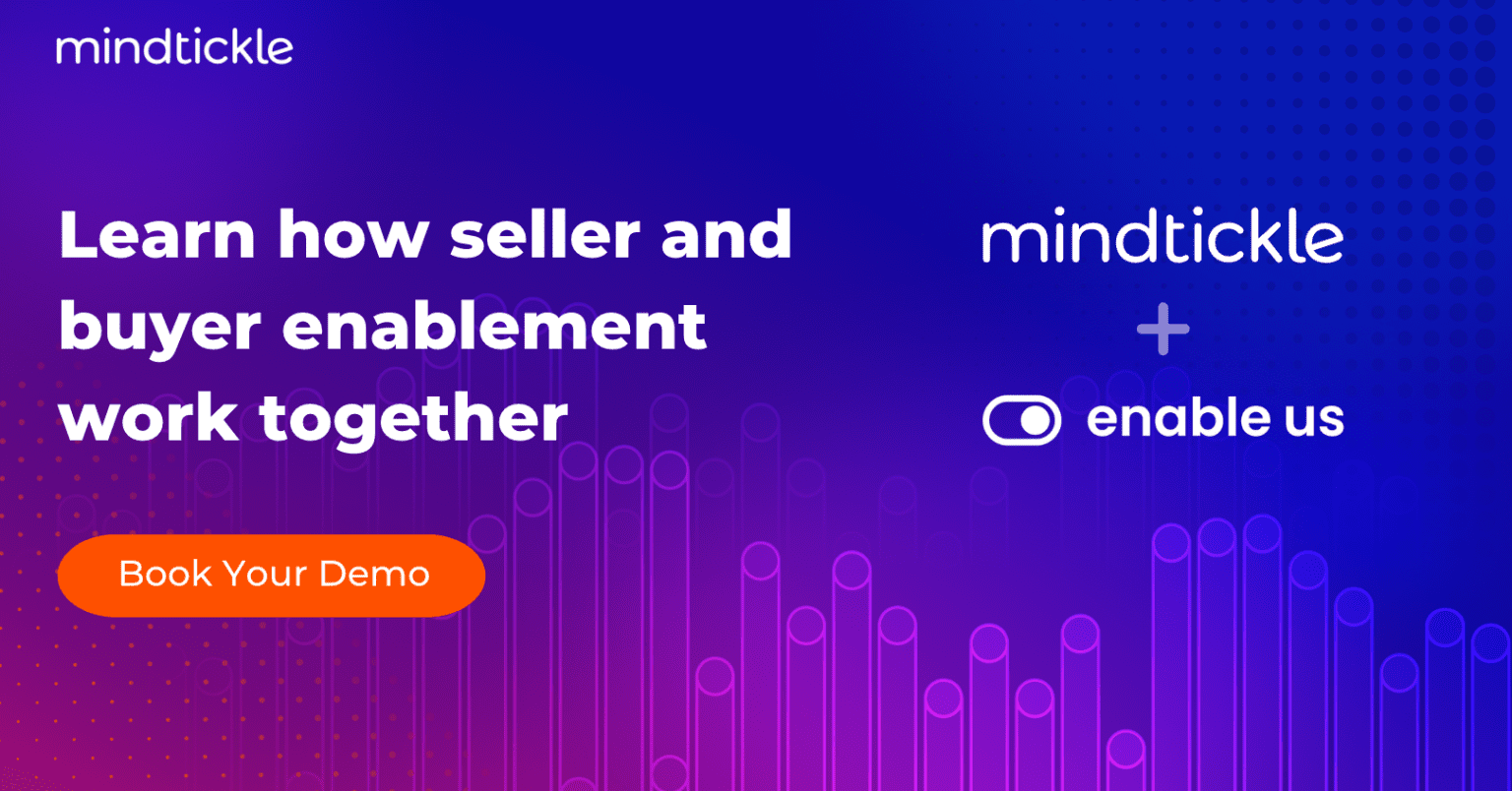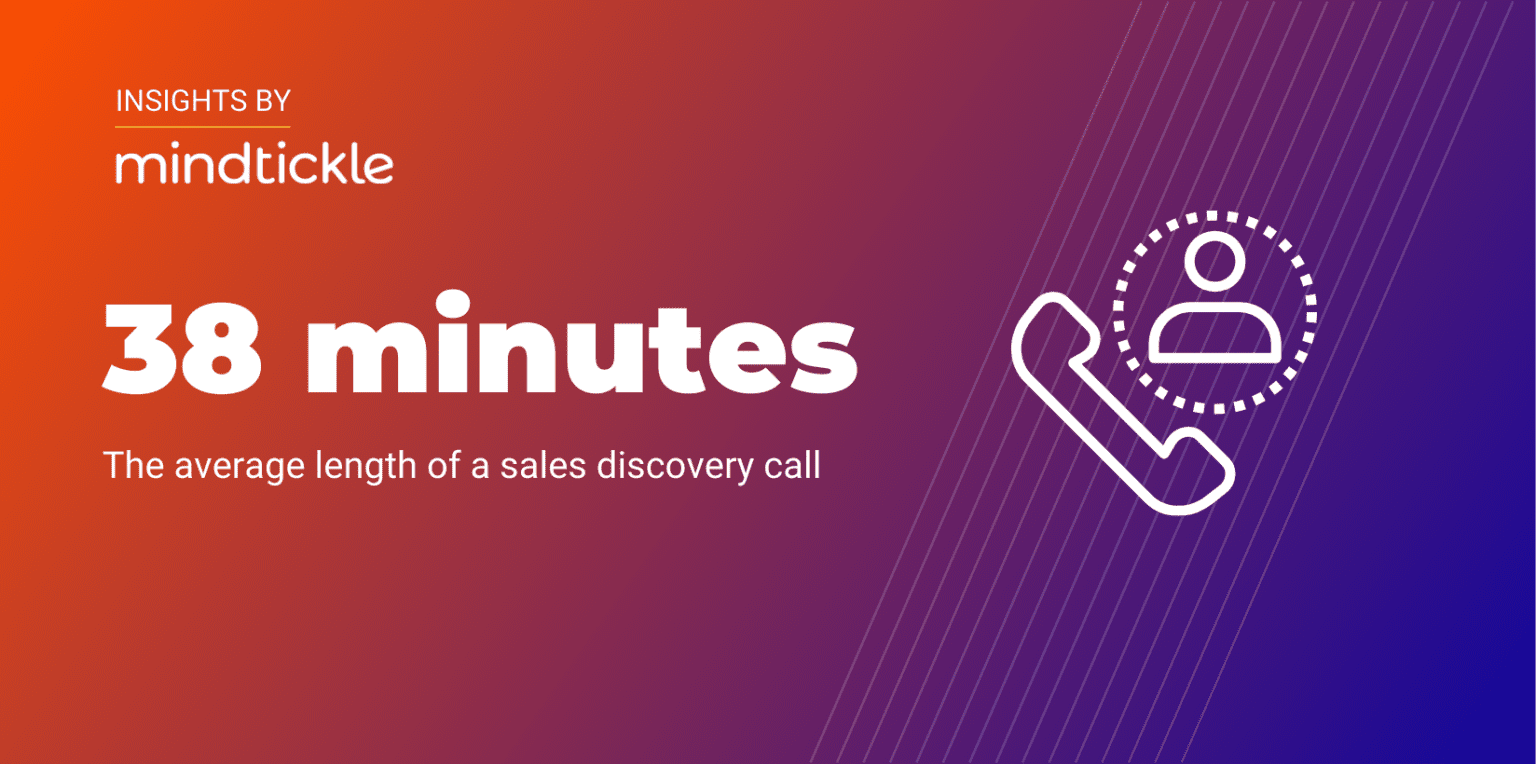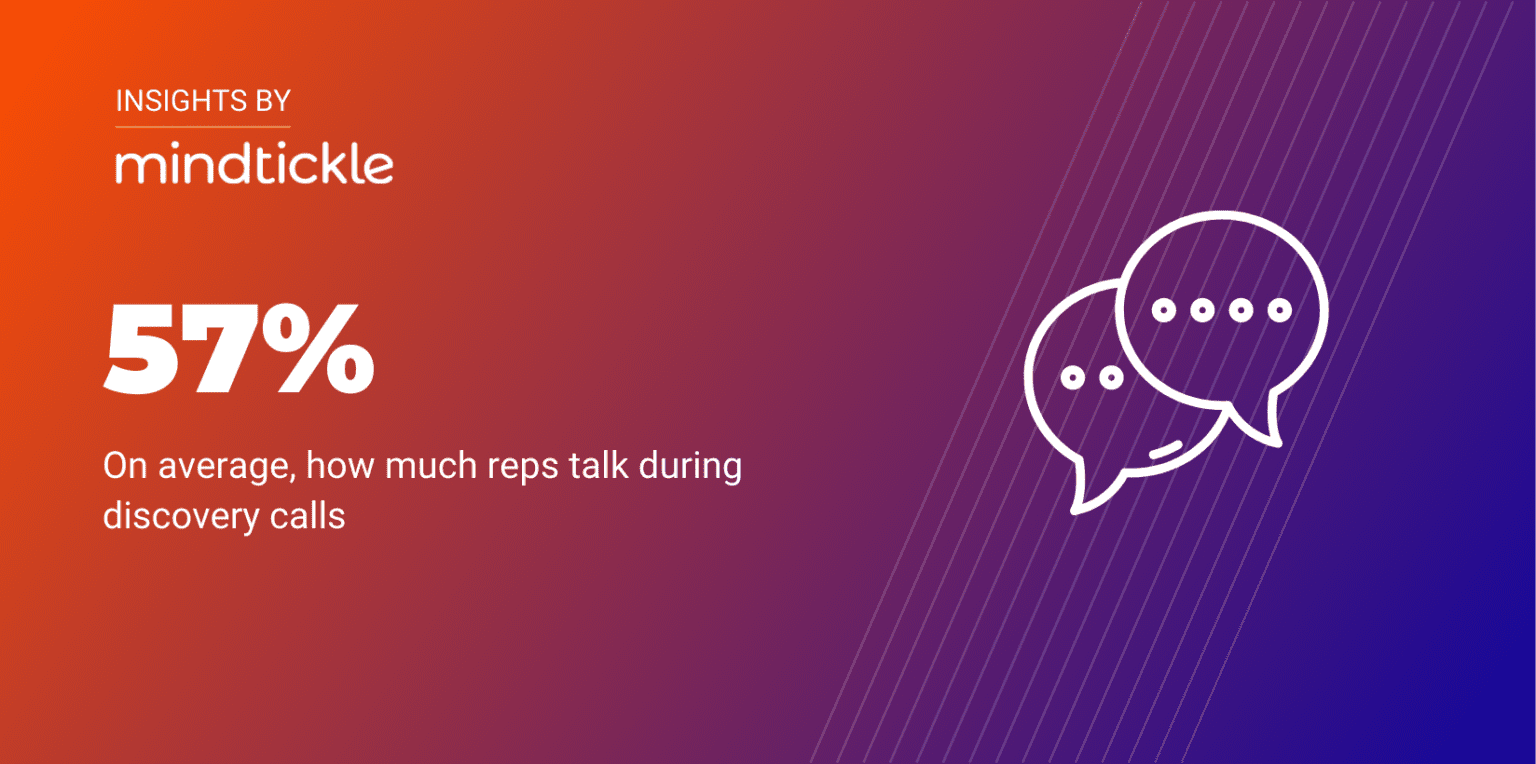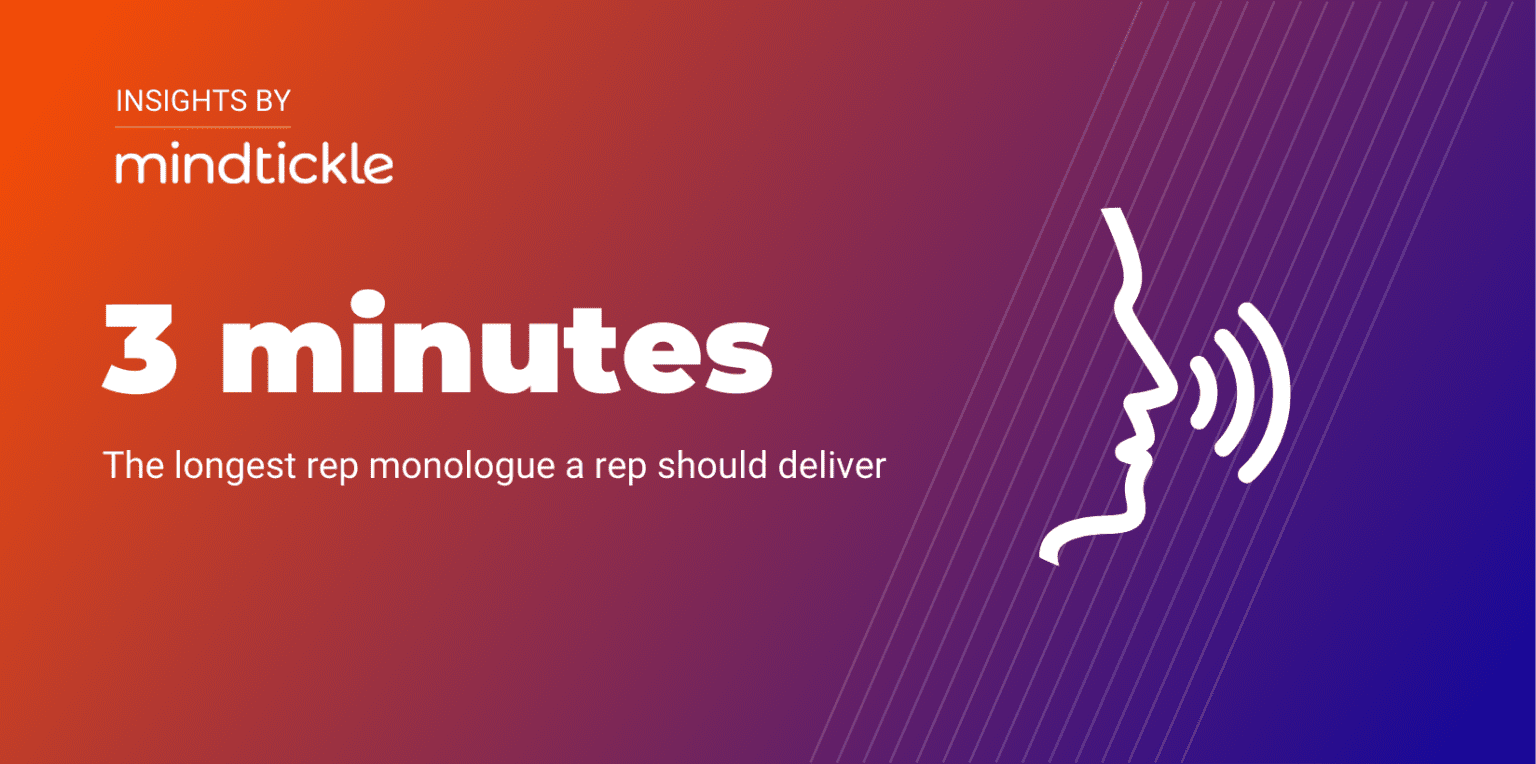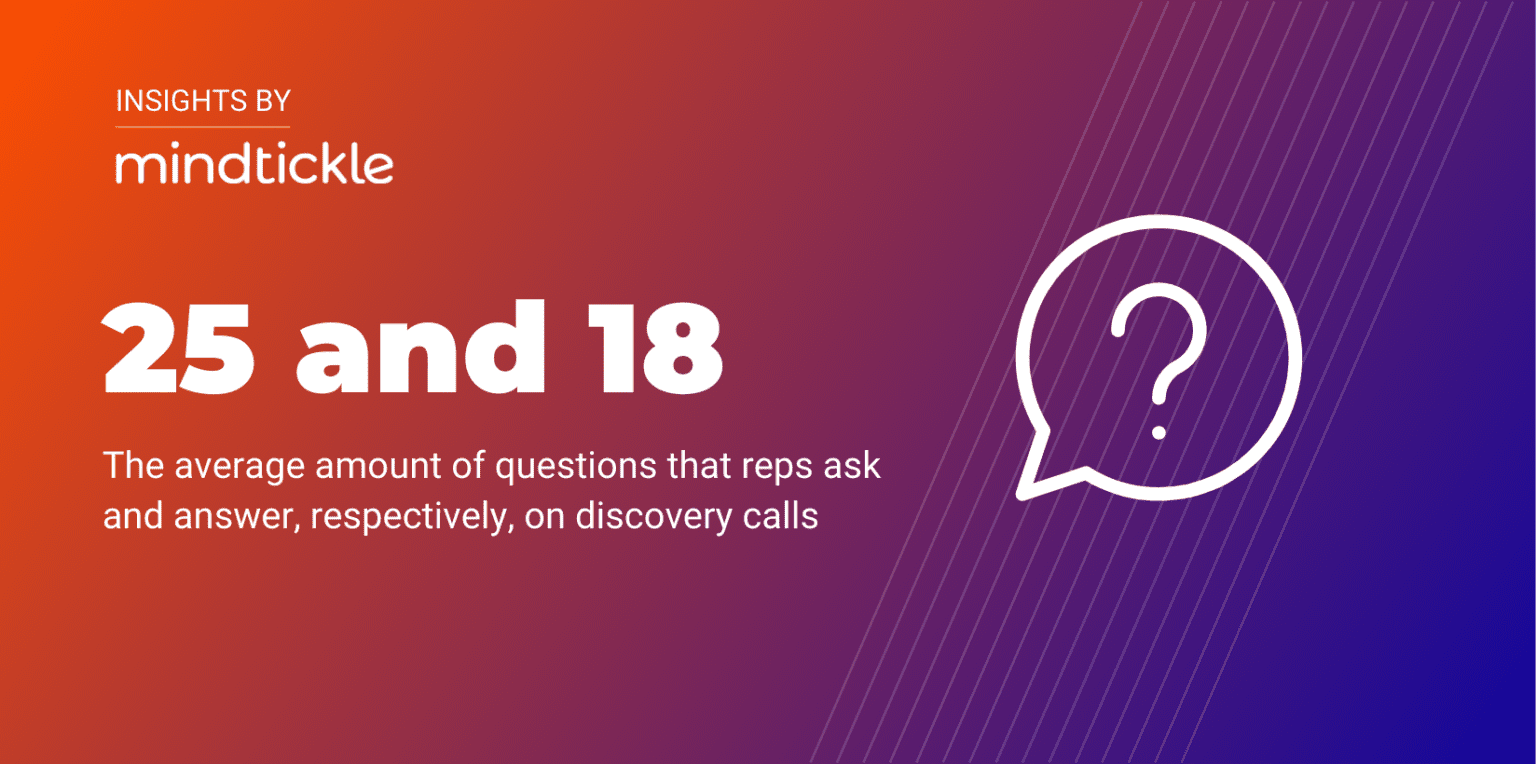Mindtickle Acquires Enable Us to Become the First Revenue Productivity Platform to Include Buyer Enablement
![]() Krishna Depura
on
May 2, 2023
Krishna Depura
on
May 2, 2023
Today is an exciting day for Mindtickle as we announced our plans to acquire Enable Us. I wanted to share more about “the why” behind this decision and relay my excitement for what this acquisition means for our customers, our product, and the revenue technology space.
The truth is, we’re at a pivotal time in B2B sales. Most CROs, enablement, and rev ops leaders struggle to get end-to-end visibility and management of their team’s productivity. CROs assemble a high-touch team of leaders in sales enablement, operations, and front-line management. Those teams then invest in multiple, costly point solutions for onboarding, content, conversation intelligence, coaching, and sales forecasting.
After all the projects, process improvements, and technologies are rolled out, they still grapple with seller performance and productivity. Increasingly, CROs want their leadership team to “join reps in the trenches” and have a direct impact on the day-to-day behaviors of sellers. They also need to create more simplicity for their teams to execute more effectively.
Buyer enablement accelerates seller-buyer collaboration and content use
The rep’s day-to-day exchanges with the buyers go beyond just emails and Zoom calls. The modern buyer wants to collaborate with a consultative sales team using Digital Sales Rooms. We partnered with Enable Us in 2022 to connect their Digital Sales Rooms with our sales enablement and sales content management solution.
After realizing rapid success as partners with Enable Us, it became obvious we are highly compatible businesses and are aligned on a single vision of improving revenue productivity.
Enable Us developed several other buyer enablement features – mutual action plans, eSignatures, and customer reference management – which accelerate deal cycles and make reps more productive.
We knew that coming together on the shared vision would enable our three key buyers – CROs, the heads of enablement, and revenue or sales operations to invest in technologies that have more skin in the game when it comes to day-to-day sales activities. Buyer enablement is the future of both sales enablement and rev ops.
And we wanted to be the first revenue productivity platform that could also empower buyer enablement.
Using buyer enablement impacts both enablement and deal operations. Companies using Enable Us with the full Mindtickle platform have reported great results:
- Sales enablement saw an increase in reps’ use of content by almost 200%
- Ops and front-line management reported a 3x higher win rate in deals where reps used mutual action plans with their champions compared to deals where they were not used
Separate enablement and ops stacks will be a thing of the past
There are two core functions that revenue leaders rely on to drive rep productivity. The first is enablement, which focuses on how you maximize the potential of each rep. The second is Ops, which helps analyze their performance and make recommendations on where to improve. With this acquisition, Mindtickle is pioneering an end-to-end solution for the entire lifecycle of a rep – all the way from onboarding, practice, reinforcement, and coaching to day-to-day buyer enablement, conversation intelligence, forecasting, and analytics on both sellers and deals. Sales teams get more visibility not only with their buyers, but deal data is more personalized and actionable.
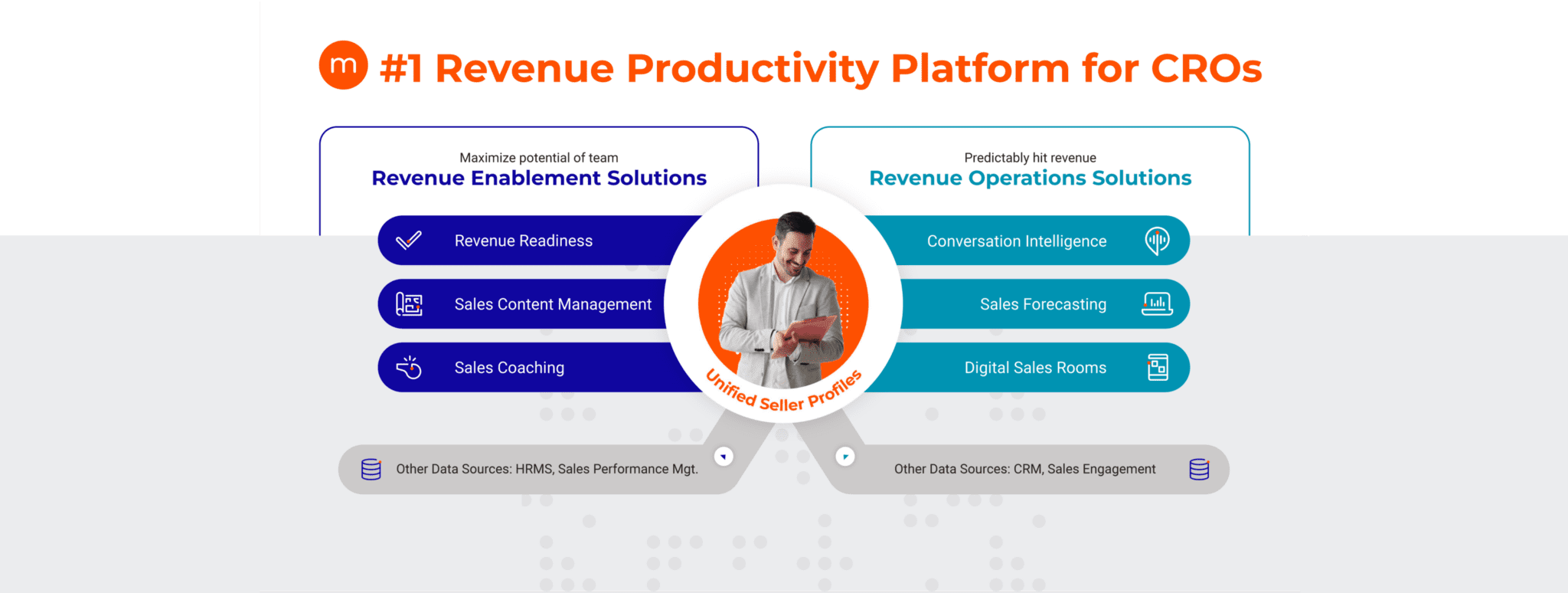
With Digital Sales Rooms:
- Enablement will be able to amplify the use of sales content in deals
- Ops and front-line managers will correlate digital exchanges between seller and buyer teams to identify best practices that influence deal conversion and sales cycle time
- CROs will be able to predict deal outcomes more reliably using signals not only from the CRM, but also on seller knowledge and buyer engagement
At a time when companies face significant cost cutting, our one-platform approach also makes economic sense for our customers. In our recent market research with 50+ CROs, we found that standalone enablement and ops tech stacks cost the average revenue organization in excess of $500 per rep per month.
Why should CROs be okay with paying such a high fee for a stack that’s loosely held together with APIs and uses the CRM as its only meeting point? We are working on a vision that will make Mindtickle’s revenue productivity platform a worthy tech counterpart to the CRM.
No matter the leadership role you have in pre-sales, sales, or customer success and support, I would highly encourage you to learn more about Enable Us and how its integration with the Mindtickle platform will change the future of B2B sales.
Kickstart this journey with us by getting in touch with our team.

